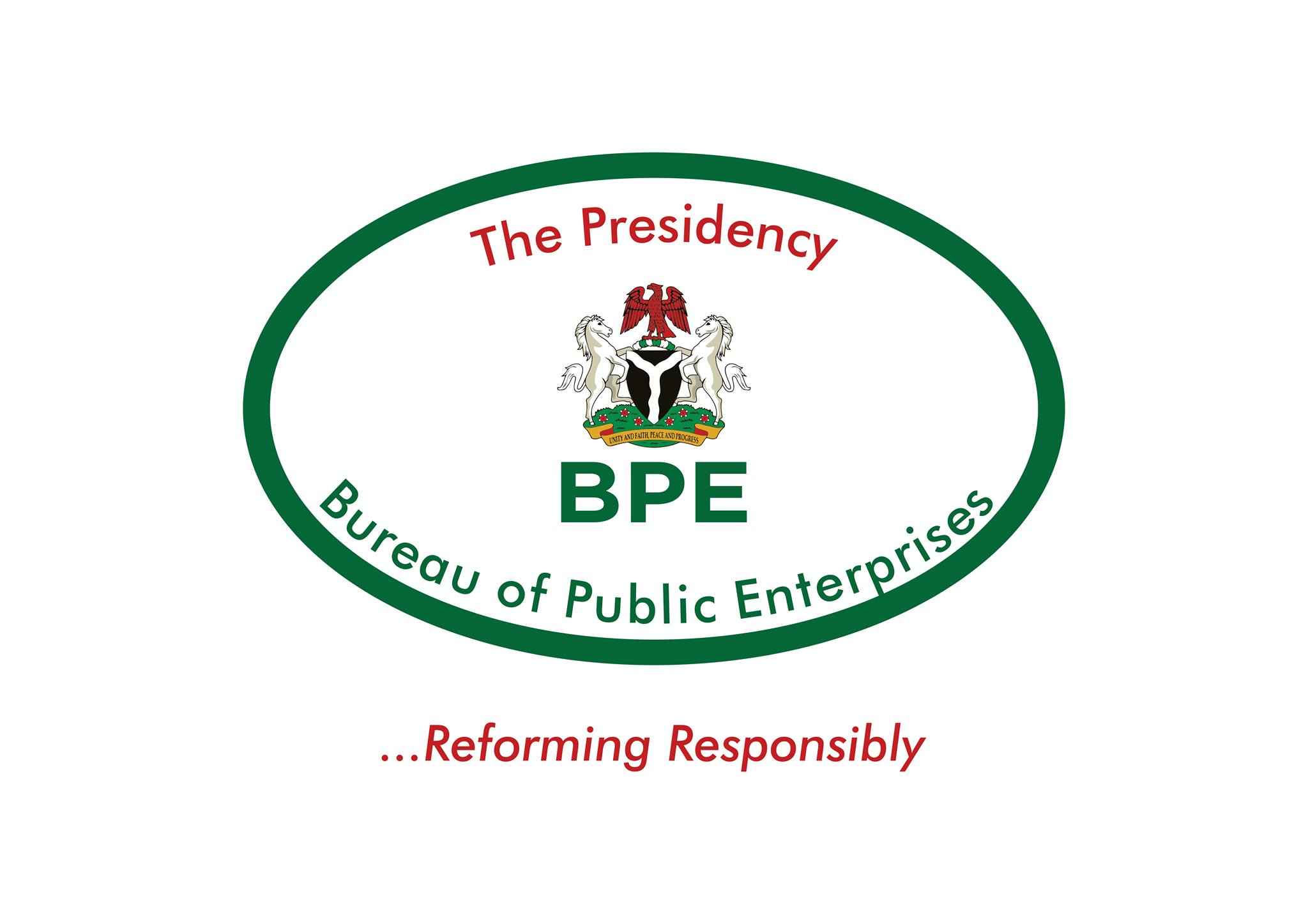Investment Promotion
A liberal framework for investment is set by the Nigerian Investment Promotion Commission Act 1996, which permits 100 per cent foreign ownership of Nigerian companies in most sectors, except those activities determined by the executive arm of the Government such as the production of arms and military wear. The NIPC Act formally protects all enterprises against nationalization or expropriation and provides that funds imported into Nigeria for the purpose of investment in enterprises or securities shall not be forfeited, seized or expropriated by the federal, state or local governments.
Foreign Exchange (Monitoring and Miscellaneous Provisions) Act 1995 guarantees unconditional repatriation of, inter alia, dividends, profits and proceeds of sales arising from foreign currency imported into Nigeria and invested in any enterprise or security in accordance with the Act. No approvals are required for foreign currency inflows.
In addition to the NIPC investment has been encouraged through legislation allowing foreign investors to participate in the Nigerian stock exchange, improving the regulation of the capital market and providing for a reduced government role in certain key sectors of the economy.
Protection of investments in Nigeria is available by virtue of its membership in the World Bank’s Multi-lateral guarantee fund (“MIGA”) as well as the operation of the bilateral Investment, Promotion and Protection Agreement (“IPPA”) between Nigeria and any interested party country. These measures have led to increasing political and trade initiatives involving Nigeria, including:
The Nigeria-US Joint Economic Partnership Committee (JEPC); and The Trade and investment framework agreement (TIFA) between the US and Nigeria which, in addition to establishing a framework for guarantees in the future, has led to a number of feasibility studies being undertaken and guaranteed loans for infrastructure projects.
In addition to the US the process was expanded to establish agreements with other countries including Brazil and South Africa.
An accommodating Tax regime
The Companies Income Tax Act of 1979 (CITA) is the main law governing the taxation of companies registered or operating in Nigeria. The worldwide income accruing to a Nigerian company, except investment income, is currently taxable at a rate of 30 per cent. However, only the Nigerian income of a foreign company is subject to tax in Nigeria. Tax credits are available for taxes paid only where Nigeria has a double-taxation treaty with the country from which the credit is sought. Investment income earned by Nigerian companies overseas is exempt from further taxation where a double-taxation treaty exists with the country in which the income was earned. Dividends and interest payable in Nigeria are subject to a 10 per cent withholding tax, deductible at source, which constitutes the final tax on such income.
Nigeria has double tax agreements with Belgium, Canada, France, Islamic Republic of Pakistan, Romania, The Netherlands and the United Kingdom.
Stable Economic Development
Nigeria has commenced the implementation of a vigorous programme of Economic Reforms through the National Economic Empowerment and Development Strategy (NEEDS). These economic reforms will transform Nigeria into the largest and strongest African, as well as a key player in the world, economy. The return of the country to the international trade market and the availability of assistance from global financial institutions (such as the World Bank and the IMF) as well as various government reforms have positively affected the economy. Indeed in 2004, as an affirmation of the increased global confidence in the on-going reforms of the economy, many multinational corporations including the USA-based ‘Visa International’ are now investing in Nigeria. The following table illustrates the improving economic environment in recent years.
Macro-economic Indicators
| 1997-2001 | 2002 | 2003 | 2004 (e) | |
| GDP (%) | 3.3 | 3.5 | 10.2 | 4.1 |
| Inflation (%) | 18.0 | 12.9 | 14.0 | 16.5 |
| Fiscal Balance (% of GDP) | -4.9 | -5.5 | -2.8 | 5.3 |
| Exports (US$bn) | 19.598 | 17.672 | 27.416 | 31.451 |
| Imports (US$bn) | 11.482 | 13.342 | 16.885 | 17.466 |
| Current Account (% of GDP) | 2.6 | 10.9 | 6.9 | 1.0 |
| Reserves (months of imports) | 7.6 | 7.8 | 6.5 | 6.1 |
| External Debt (US$bn) | 29.686 | 30.992 | 32.917 | 34.0 |
| Debt Service ratio (%) | 5.2 | 6.4 | 5.2 | 4.89 |
| Currency (per US$) | 112.0 | 120.97 | 129.36 | 132.9 |
- Sectoral Contribution to GDP
The three highest contributors to Nigeria’s GDP are agriculture (34.62%), petroleum (33.44%) and Services (12.45%).
Agriculture
Prior to the discovery of oil in Nigeria, agriculture was the mainstay of the economy. It remains to date the largest employer of labour and the greatest contributor to the GDP. The climate is favourable for the cultivation of various economic and subsistence crops such as groundnut, cotton, rubber, cocoa, wheat, millet, maize, oil palm, tea, cassava, yam and fruits. Livestock includes cattle, sheep, goats, poultry and fish.
The traditional export crops are oil palm, cocoa, rubber, groundnut, cassava, yam and cotton. Of these only cocoa is exported on any meaningful scale. Nigeria is among the world’s largest producer of cassava and yam.
Oil and Gas
Nigeria has the 11th largest oil reserves in the world and currently produces 2.5 million barrels a day. Nigeria’s economy is heavily dependent on the oil sector, which accounts for 90-95 percent of export revenues, over 90 percent of foreign exchange earnings and nearly 80 percent of government revenues.
The quality of the crude is good-sweet, low sulphur content. The oil reserves are mostly along the coast and in the Niger Delta. The Nigerian economy depends to a very large extent on the petroleum sector, contributing over 75 per cent of government revenue and over 80 per cent of foreign exchange earnings. America and Japan are two key importers of Nigeria’s crude.
Four refineries were built to satisfy domestic demand for petroleum products. However, these refineries have to-date recorded unimpressive performances to the extent that Nigeria is a major importer of refined petroleum products for domestic consumption.
Nigeria also has large reserves of gas. Estimated gas reserve for Nigeria is 157 Trillion Cubic Feet (“TCF”), which is 44 per cent of gas reserves in Africa, placing it in the second and tenth places in the continental and global league tables respectively. The reserves are made up of 85 TCF of associated gas and 74 TCF of non-associated gas. Nigerian gas is rich in various components and low in hydrogen sulphide, which makes it a resource for gas investment.
An average of 5.5 Billion Cubic Feet (“BCF”) per day is produced out which about 2.6 BCF, over 40 per cent, is utilized. The balance is flared. In view of the sheer wastage of valuable resources and the environmental hazards associated with gas flaring, the Federal Government of Nigeria and the Joint Venture partners have decided to end this wasteful flaring by 2008. Accordingly, new projects making productive use of such flared gas are expected to enter into commercial operation within the next three to four years. The West Africa Gas Pipeline Project and the LNG Project at Bonny are examples. The export of gas will boost both revenue and foreign exchange earnings for the country.
Solid Minerals
Nigeria is rich in various solid minerals, a fact that is not well known partly because of the dominance of oil and gas and partly because only now is attention being given to the sector. There is a separate Ministry of Solid Minerals at the Federal Government level. The solid minerals available fall into three classes: industrial, metallic and mineral fuels. The industrial solid minerals include gypsum, limestone, kaolin, marble and phosphate; iron ore, lead and zinc are examples of the metallic variety while coal is the prime example of mineral fuels.
Manufacturing
The output of the Manufacturing sector covers a wide range which includes sugar, confectionery, soft drinks, beer and stout, cotton, synthetic fabrics, footwear, paints, cement, roofing sheets, vehicles, soap and detergents and refined petroleum. All these products are exportable. This sector has significantly operated below capacity as a part of the effects of the previous command-and-control management of the economy. The current liberalization of the economy has stimulated quantum growth in the level of utilization of installed capacity as well as attracting new investors in order to exploit the ever- surging demand for the output of the manufacturing sector.

